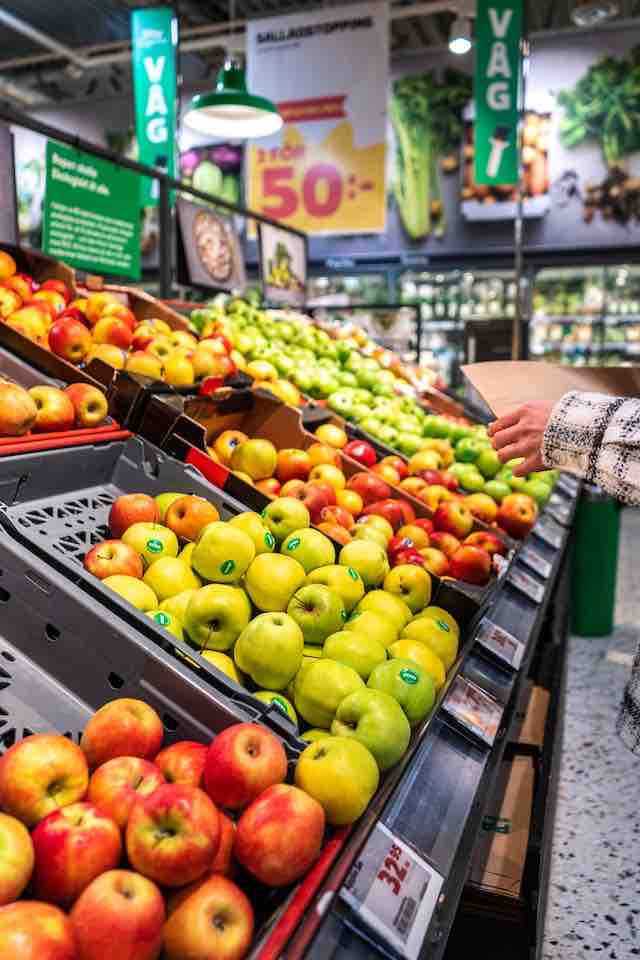Global food prices have risen for the first time in a year, causing concerns about food security around the world. The rise in prices can be attributed to a variety of factors, including inflation, supply chain disruptions, and the ongoing COVID-19 pandemic. In this article, we will take a closer look at the reasons behind the increase in global food prices and what it means for consumers.
Reasons for the Rise in Global Food Prices
Inflation: Inflation is a key driver of the increase in food prices. As the cost of producing and transporting food rises, so does the price consumers pay at the grocery store. The recent surge in inflation is due to a variety of factors, including increased demand for goods and services as economies reopen, supply chain disruptions, and rising energy prices.
Supply Chain Disruptions: The COVID-19 pandemic has caused major disruptions in the global food supply chain. Restrictions on travel and movement have made it difficult for farmers to transport their crops, and border closures have led to delays in importing and exporting food. Additionally, labor shortages in certain areas have made it challenging to harvest and process crops, further contributing to the supply chain disruptions.
Climate Change: Climate change has also played a role in the rise in food prices. Extreme weather events such as droughts and floods have damaged crops and disrupted the global food supply. In addition, climate change has caused long-term changes in weather patterns, making it difficult for farmers to predict growing seasons and plan their crops accordingly.
Impact on Food Security
The rise in global food prices has significant implications for food security around the world. Food insecurity is already a major issue in many developing countries, and the increase in prices will make it even harder for people to access the food they need. Additionally, the rise in prices could lead to social unrest and political instability in countries where food security is already a major concern.
What Consumers Can Do
While consumers cannot control global food prices, there are steps they can take to mitigate the impact on their own food budget. One option is to buy in bulk and stock up on non-perishable items when they are on sale. Another option is to buy local produce, which is often cheaper than imported produce and has a lower environmental impact. Finally, consumers can also consider growing their own fruits and vegetables at home, which can be a cost-effective way to ensure a steady supply of fresh produce.
Conclusion
In conclusion, the recent rise in global food prices is a cause for concern, particularly in developing countries where food security is already a major issue. While there are several reasons for the increase, including inflation, supply chain disruptions, and climate change, consumers can take steps to mitigate the impact on their own food budget. By buying in bulk, buying local produce, and growing their own fruits and vegetables, consumers can help ensure that they have access to the food they need.












